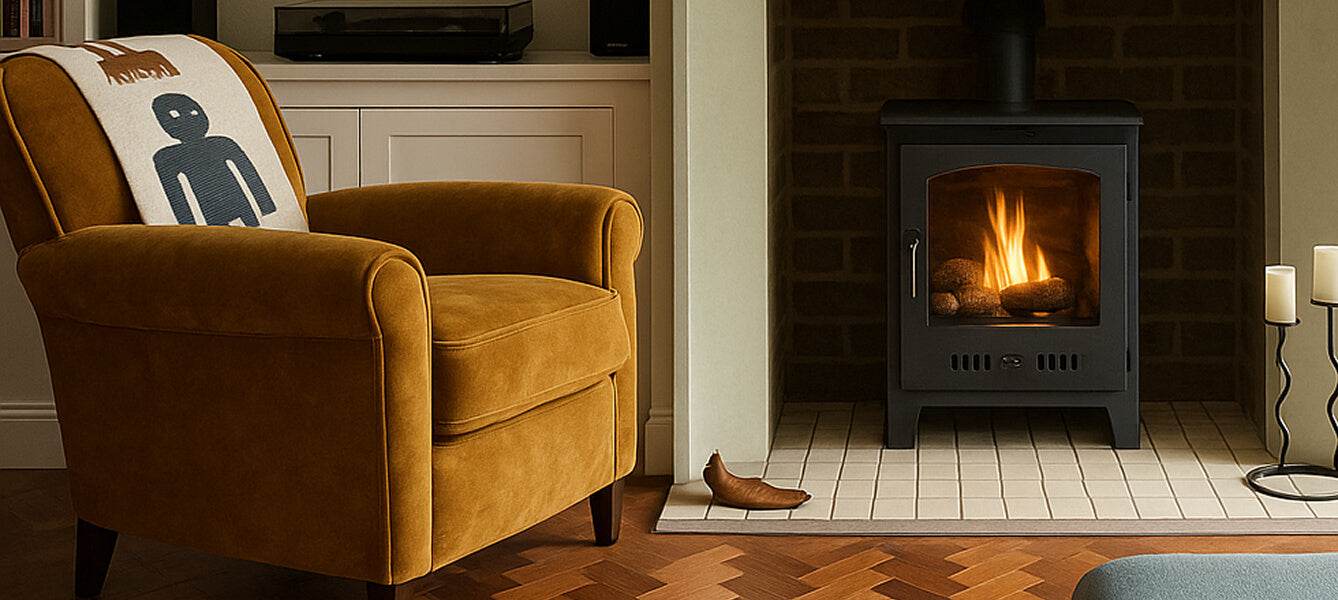frequently asked questions
You've got a question? we've got the answer
Got questions before buying your first biofuel fireplace? We've answered the most common ones below - if you need more help! Just ask
Do I need a chimney for a bioethanol fire?
Related Questions:
- What is the best way to close off an existing chimney?
- What are the different types of bioethanol fireplaces?
- Can bioethanol fireplaces be used as a primary heating source?
- Will my bioethanol fireplace need professional installation?
- How do I light a bioethanol fireplace?
- Are there any emissions from a bioethanol fire?
- I didnt receive all my items at same time!
- Are bioethanol fireplaces safe?
- Do I need the large or small log set?
- What flooring can be used with my biofire?
- How does a bio ethanol fireplace work?
- Can you put a TV above a bioethanol fireplace?
- Do bioethanol fires produce heat?
- Do Bioethanol Fireplace suites require a hearth?
- Does bioethanol fuel evaporate?
- Can a biofire be placed flat against a wall?
- How long does bio ethanol fuel last?
- Do I need the large or small set of logs for my bio fire?
